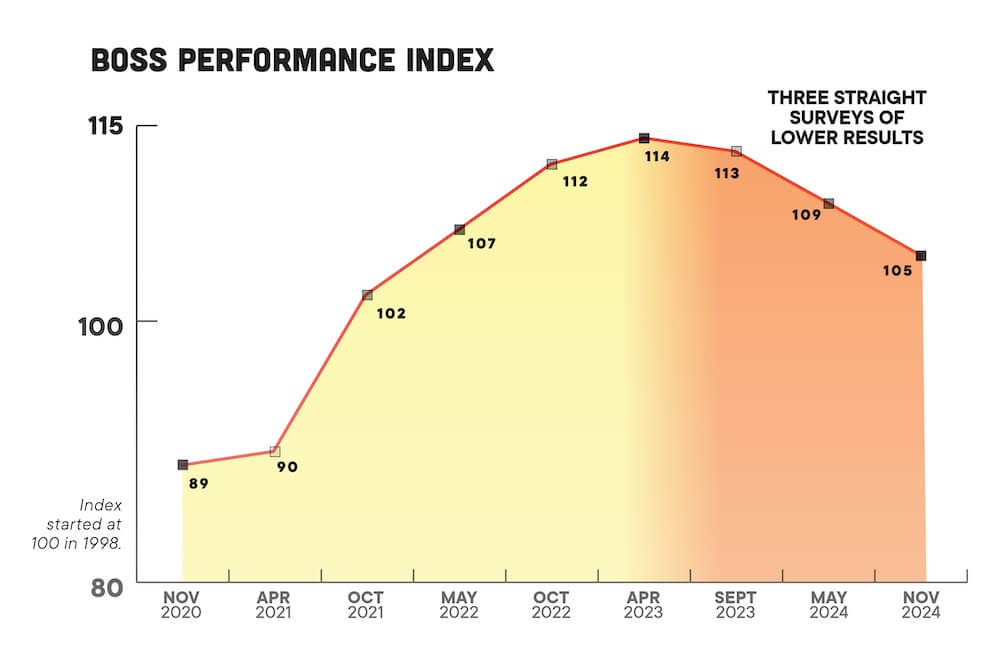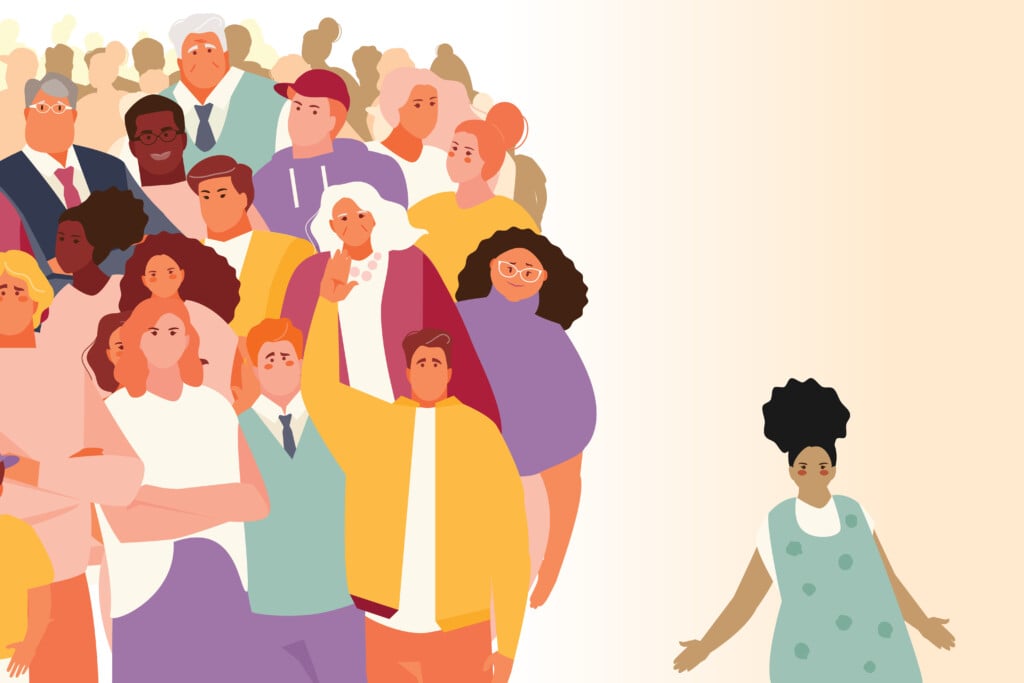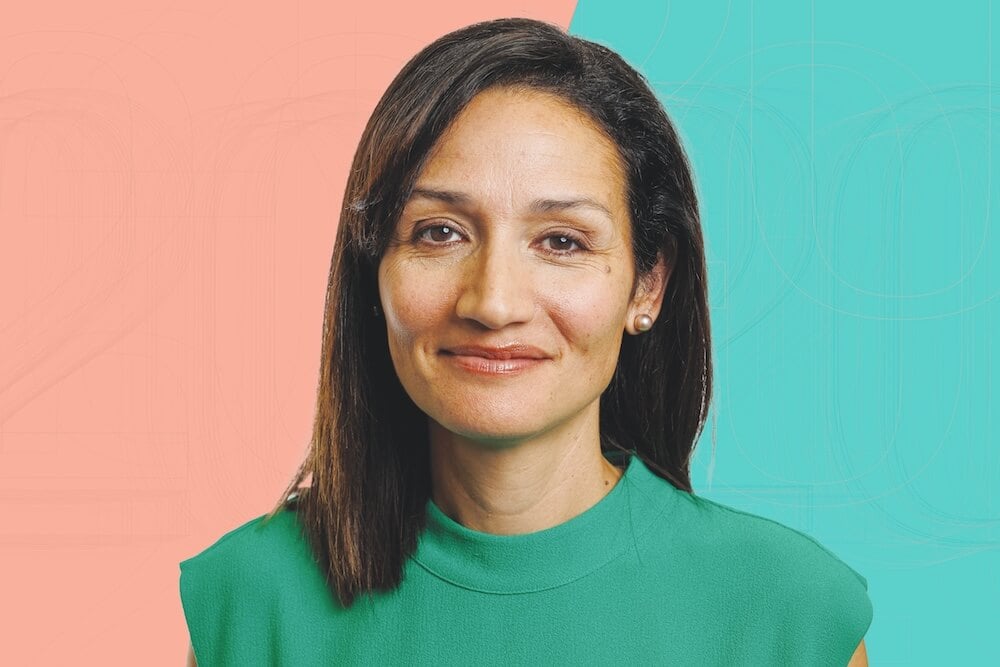What Hawai‘i Residents Think About the Crisis – Part II

A scientific survey of 482 people asks: What happened to your job and what are some consequences of working remotely?
Hawaii Business Magazine and the research team at Anthology Marketing Group collaborated on this scientific survey of 482 Hawai‘i residents that we call the 808 Poll. This is Part II in a three-part series of results from the 808 Poll. Read Part I here, which asks: When will the local economy recover and what do you think about the performance of government leaders? Learn the methodology for this survey at the bottom of this report.
What Happened to Your Job
People who were employed outside their homes prior to the COVID-19 outbreak were asked which of the following best describes their current work situation.
Those hardest hit and those least affected:
- Those with a college degree (16%) were significantly less likely to have lost their job as a result of the impact of COVID-19 compared to those without a degree (47%). This large difference appears to be driven largely by whether or not the job allows the individual to work from home. For example, 32% of those with a college degree are currently working remotely. By comparison, the proportion of those without a college degree who are working remotely falls to just 13%.
- Half (51%) of those who reside in households earning below $50,000 a year in total income acknowledge that they have lost their job as a result of the impact of COVID-19. As a point of comparison, this number falls to 14% among those residing in households earning in excess of $100,000.
Working Remotely
People were asked for their thoughts about working remotely from home. They were asked to quantify their perceptions using a standard four-point rating scale highlighted in the table below. The higher the mean score, the greater the agreement with the statement by the average respondent.
- Among the major ethnic groups in the state, Japanese respondents (44% strongly agree) were the most likely to agree that working from home is more difficult with school-aged children. Just 27% of Caucasians in the workforce strongly agreed with this sentiment.
- Those who were employed on the Neighbor Islands (32% strongly agree) prior to the outbreak were more likely to agree that working remotely introduces a feeling of loneliness, more so than their counterparts on O‘ahu (22% strongly agree).
- Young adults were the most likely to feel that working remotely, individuals tend to be less productive. For example, among those under the age of 35, 25% strongly agree with the statement that employees are less productive when working from home. This percentage (strongly agrees) falls to just 3% among seniors who were working outside their homes prior to the COVID-19 outbreak.
- Males (29% strongly agree), more so than females (17% strongly agree) believe that working from home is less collaborative.
Child Care or Schooling Disrupted
Respondents were asked if they had a child in the household whose child care and/or schooling has been disrupted by the COVID-19 virus.
- Wealthier households were more likely to have at least one child whose schooling and/or child care has been negatively impacted. For example, only 15% of those who reside in households with combined annual incomes below $50,000 have at least one child whose schooling and/or child care has been impacted. The percentage slowly increases as respondents become more affluent until it tops out at 29% among those living in households earning in excess of $100,000.
- On O‘ahu, when the results are segmented by area, we find those in West O‘ahu (35%) are most likely to be impacted while those in urban Honolulu (14%) are least likely to be impacted.
Next, those 114 respondents whose children’s schooling and/or child care were impacted by COVID-19 were asked if they have missed work as a result.
Methodology
The research team at Anthology Marketing Group conducted an online survey, based on a sample of email addresses purchased from a third-party supplier that specializes in such samples for online surveys. This sample was augmented by Anthology Research’s proprietary panel of respondents who have agreed to take part in surveys.
The field work began on April 3, 2020, and ended on April 8. A total of 482 completed surveys were collected statewide. The resulting data was weighted to reflect population estimates of adults 18 and older on each Hawaiian island.
The margin of error for a total sample of this size is plus or minus 4.51 percentage points with a 95% confidence level.
Each respondent was screened to ensure they were at least 18 years of age and resided on the island for which they were being contacted









